The composition of the gut microbiome has been linked to countless areas of health. But could it really protect the gut against damage from radiotherapy treatment? Photo credit: Getty royalty-free.
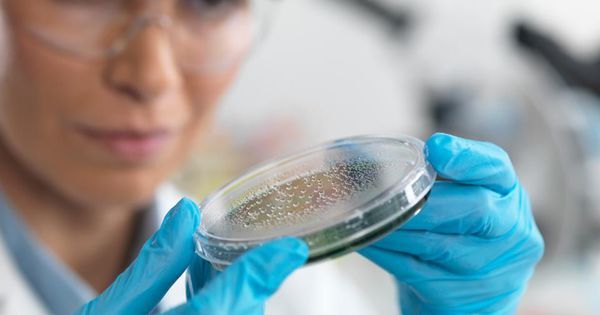

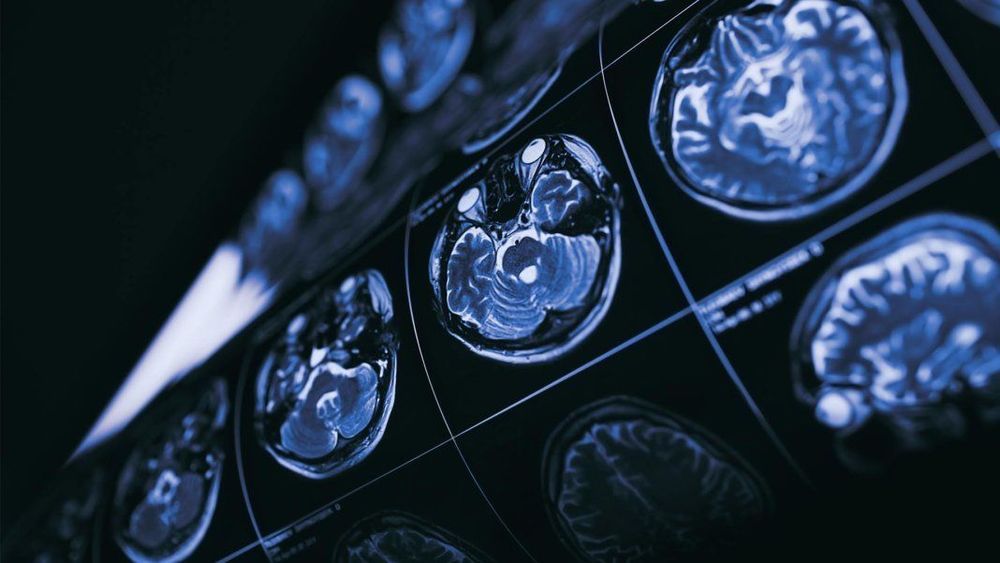
The trawl found 20,500 articles tackling the topic, but shockingly, less than 1 percent of them were scientifically robust enough to be confident in their claims, say the authors. Of those, only 25 tested their deep learning models on unseen data, and only 14 actually compared performance with health professionals on the same test sample.
Nonetheless, when the researchers pooled the data from the 14 most rigorous studies, they found the deep learning systems correctly detected disease in 87 percent of cases, compared to 86 percent for healthcare professionals. They also did well on the equally important metric of excluding patients who don’t have a particular disease, getting it right 93 percent of the time compared to 91 percent for humans.
Ultimately, then, the results of the review are broadly positive for AI, but damning of the hype that has built up around the technology and the research practices of most of those trying to apply it to medical diagnosis.
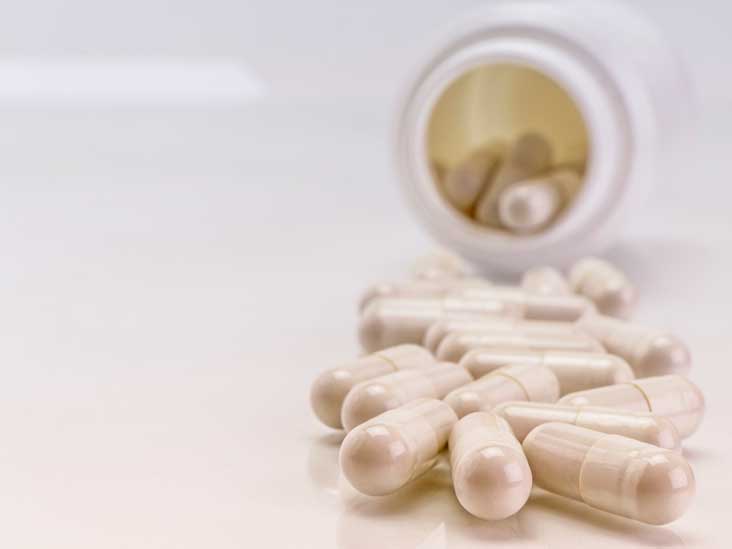
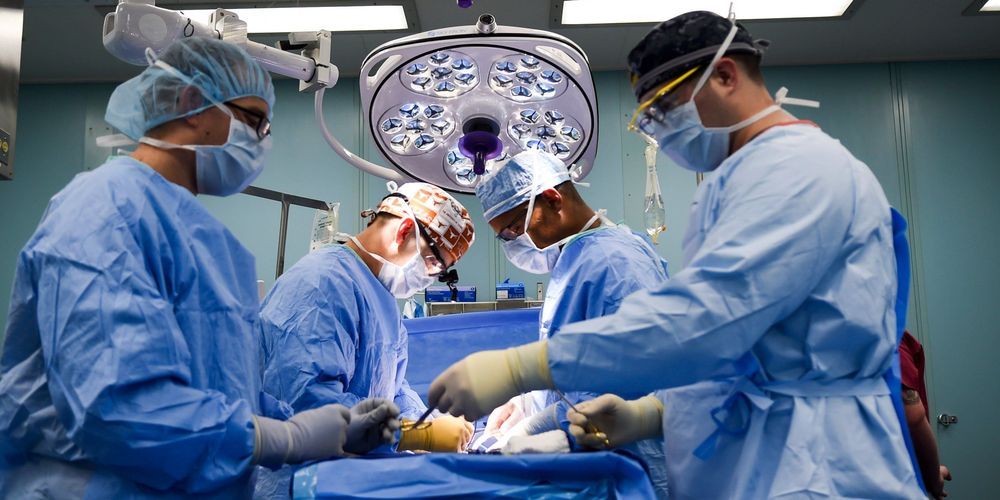
Every year, 2.6 million people die in middle and low-income countries because of incorrect medical care, according to a recent report published by the World Health Organization (WHO). The health agency is hoping to shed light on the issue by launching a campaign in solidarity with patients on the first-ever World Patient Safety Day on September 17.
“No one should be harmed while receiving health care. And yet globally, at least 5 patients die every minute because of unsafe care,” said Dr. Tedros Adhanom Ghebreyesus, WHO Director-General.
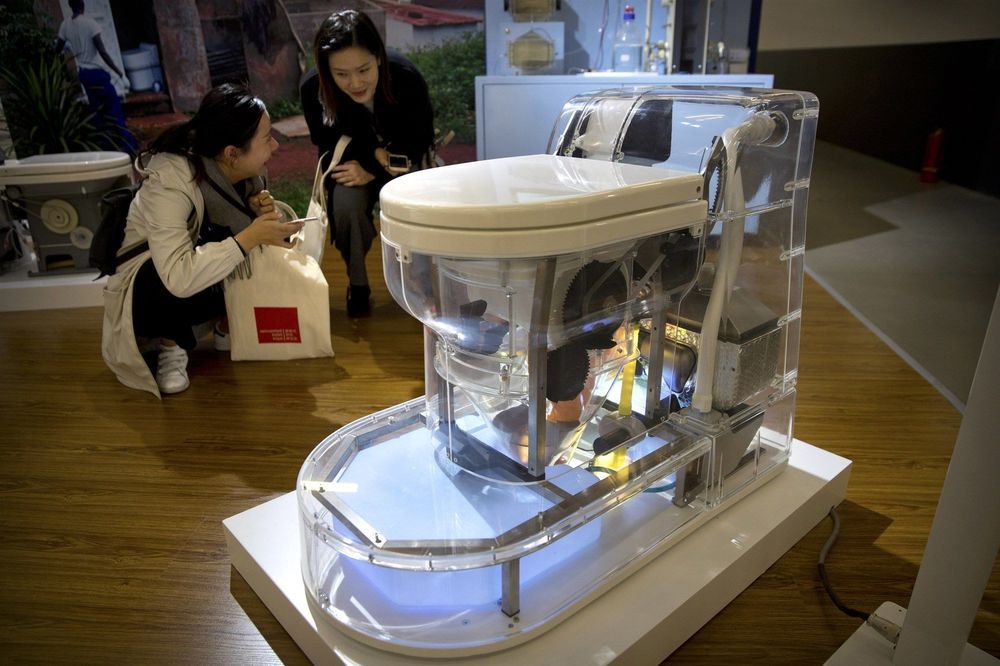
Well, it’s sound weird but in the upcoming future, your toilet will be your mini doctor. A company called Micron is developing a smart artificial intelligence-powered toilet that will reportedly be able to diagnose your state of health and risk of disease by analyzing your bodily waste.
The major goal of this technology is to analyze bowel movements and recognize the signs for health issues or ailments early on. This information will also use to understand early symptoms of certain diseases.
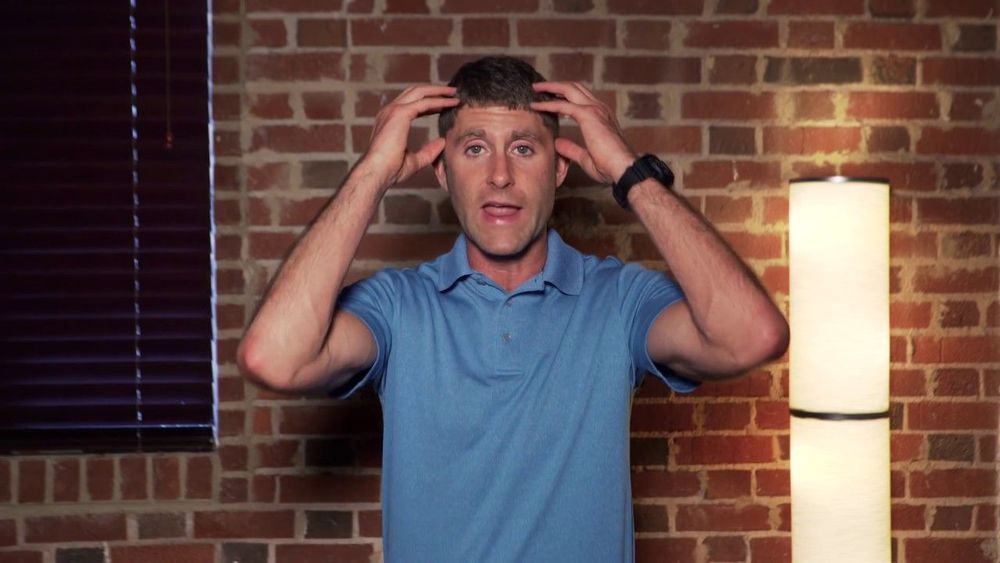
The human brain needs a continual supply of fuel. When this continual supply is interrupted brain cells begin to die. In the short-term, this can cause symptoms such as headaches, brain fog, & tiredness. Long-term exposure to environments that deplete sources of brain fuel from effectively getting into the cells leads to neurodegenerative diseases.
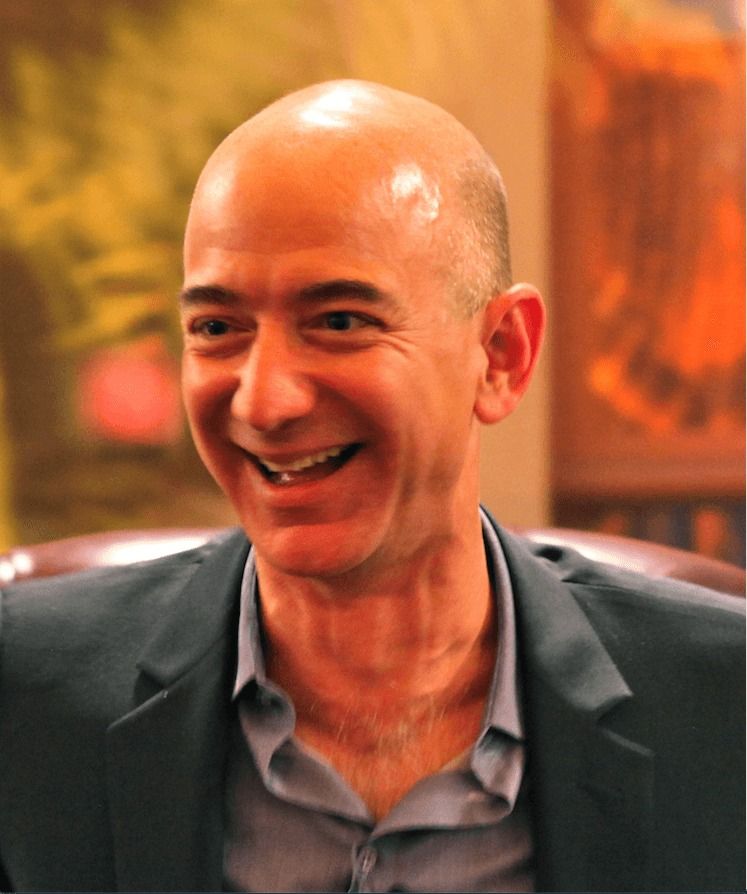
Jeff Bezos, the world’s richest man, is cutting health benefits for part-time workers at Whole Foods. The move will leave 1,900 people without health insurance.
The cuts don’t affect full-time employees, but will hurt those who work around 20 hours a week.
“I am in shock,” said one employee, according to Salon. “I’ve worked here 15 years. This is why I keep the job — because of my benefits.”